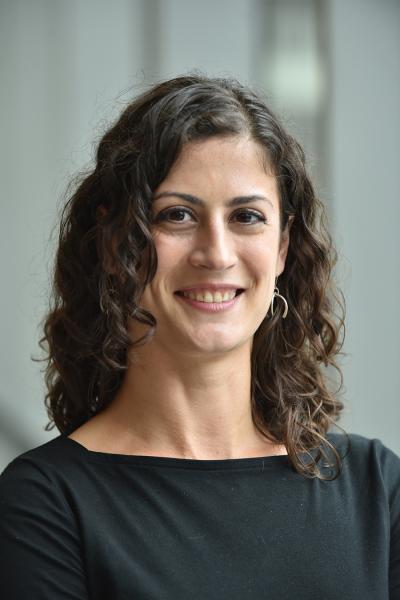WCED Lecture. Civil Courts and Authoritarian Stability
Margaret Hanson, WCED Postdoctoral Fellow, U-M
Post-Soviet Kazakhstan has been ruled by a single, personalist dictator since independence, and power is concentrated among a narrow elite. As extant literature on dictatorships predicts, state officials there regularly expropriate private property; valuable urban land is a favorite target. In this context, why would the Kazakhstani state – which has a highly effective security apparatus – take the seemingly redundant step of turning to courts to resolve the resulting conflicts with property owners? Moreover, why would citizens do the same, when they acknowledge courts’ lack of independence and high levels of corruption? In this lecture, Hanson argues that the central government compels local officials to channel disputes through civil courts to address negative consequences from their predatory, rent-seeking behavior. The dictator seeks to control rather than eliminate that behavior, because tacit permission to use their positions for self-enrichment helps ensure subordinates’ loyalty. However, it also generates costs for the autocrat. In particular, it sparks social unrest. Requiring local officials to channel conflict through courts offers an improved outcome for a few victims, while reducing the ability of all to engage in protests; it also creates and enforces guidelines for officials’ informal behavior. In short, formal legal institutions help manage corruption and its consequences. In making these arguments, Hanson draw on extensive in-country fieldwork in three regions of Kazakhstan, including interviews, ethnographic observation in district and appellate courts, original survey data, and official court records and other documents.
Margaret Hanson is a Weiser Emerging Democracies Postdoctoral Fellow for the 2017-18 academic year. Her research focuses on institutions that help autocracies endure. Specifically, she examines how formal and informal institutions interact to shape governance in authoritarian regimes. Her broad research interests include authoritarian stability, governance, and development, with an emphasis on the former Soviet Union.
Margaret Hanson is a Weiser Emerging Democracies Postdoctoral Fellow for the 2017-18 academic year. Her research focuses on institutions that help autocracies endure. Specifically, she examines how formal and informal institutions interact to shape governance in authoritarian regimes. Her broad research interests include authoritarian stability, governance, and development, with an emphasis on the former Soviet Union.
| Building: | Weiser Hall |
|---|---|
| Website: | |
| Event Type: | Lecture / Discussion |
| Tags: | Democracy, International, Kazakhstan, Politics |
| Source: | Happening @ Michigan from Weiser Center for Emerging Democracies, International Institute, Center for Russian, East European, and Eurasian Studies, Weiser Center for Europe and Eurasia |


